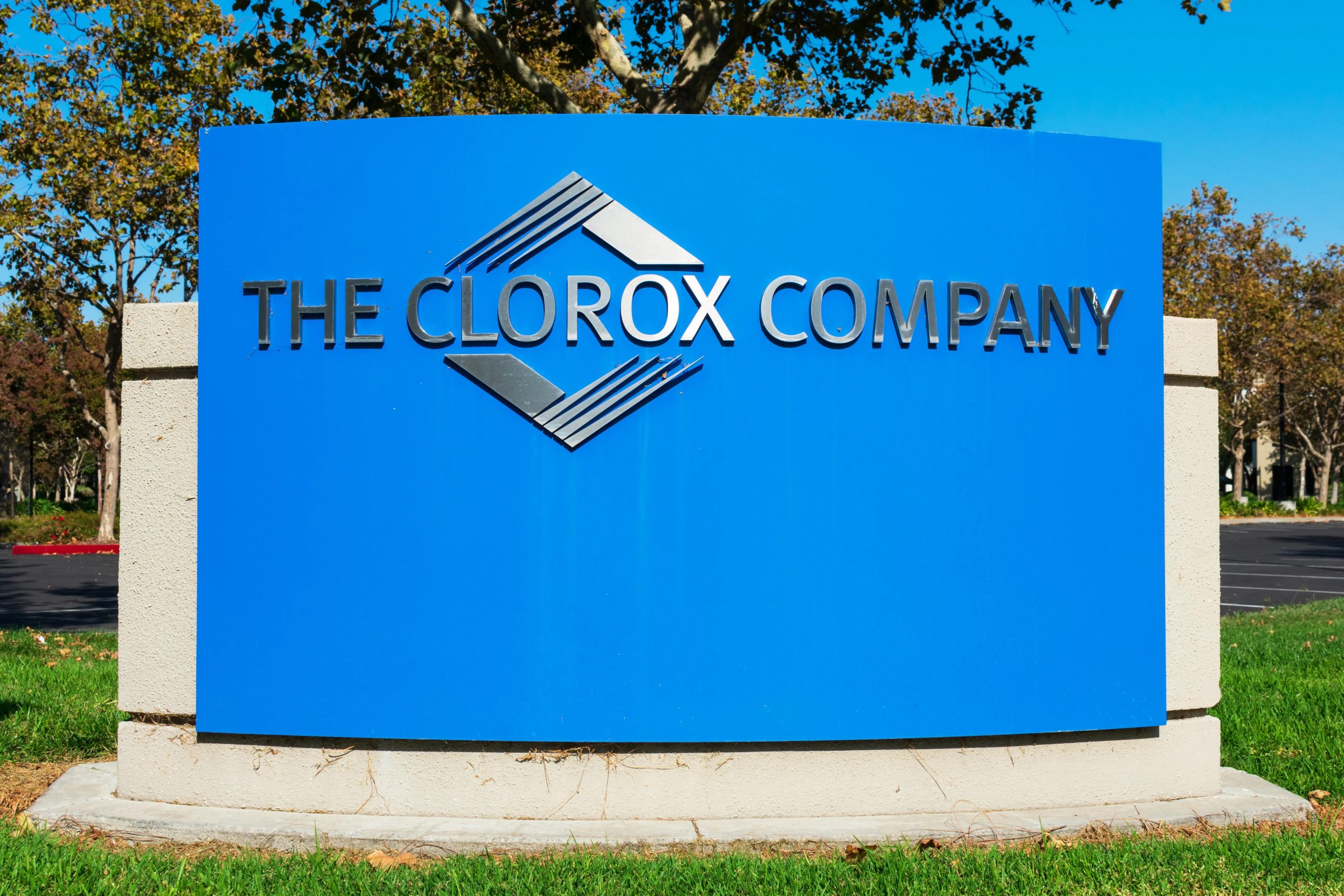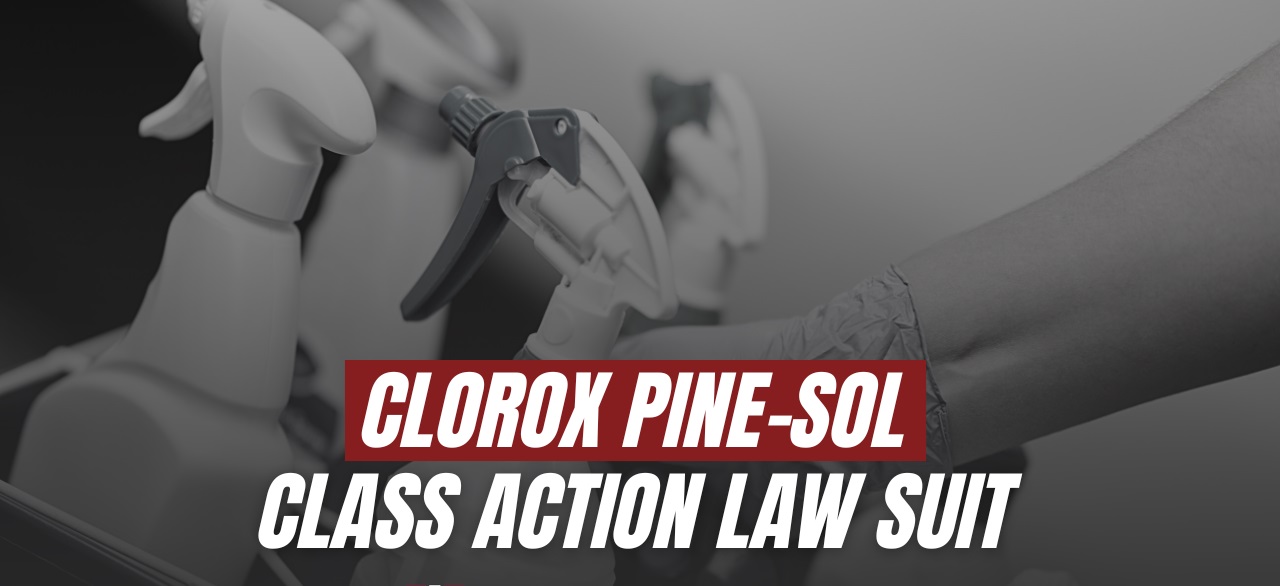
Clorox has reached a significant settlement of $5.6 Million in response to accusations that it distributed Pine-Sol scented surface cleansers that were tainted. (Photo: The Sun)
Customers Eligible for Refunds as Clorox Settles Bacteria Contamination Case
Clorox has reached a significant settlement in response to accusations that it distributed Pine-Sol scented surface cleansers that were tainted. The presence of Pseudomonas aeruginosa bacteria in the products prompted Clorox to voluntarily recall them in 2022. Customer groups in New York and California subsequently initiated a class-action lawsuit.
Potential payments of $5.56 million are available to purchasers of the impacted products between November 1, 2018, and November 15, 2023, under the settlement. Claims for refunds must be submitted by February 7, and the amount owed to each consumer is determined by a variety of criteria. Patrons are presented with the option to request a reimbursement, withdraw from the legal proceeding, or remain inactive regarding the settlement.
On account of the presence of P. Aeruginosa in specific Pine-Sol products, allegations were made against Clorox; however, the corporation denied any legal violations. Those who purchased the scented products within the designated time frame are eligible to submit refund claims. Potential payouts for eligible consumers vary depending on the supporting documentation of purchase, ranging from $3.57 to full refunds, you may visit www.pssettlement.com to submit a claim. It is worth noting that individuals who have already obtained refunds for the impacted products are ineligible to receive additional payments. The aforementioned conditions underscore the intricacy and significance of customer rights in the context of engaging in class-action settlements.
Consumer Safety and Corporate Accountability
The bacterium P. Aeruginosa discovered in Pine-Sol products is widespread in soil and water and can cause infections, especially in healthcare settings and susceptible people. Pine-Sol exposure has not caused direct illnesses, although P. Aeruginosa poses serious dangers. The necessity for transparency and responsibility in consumer goods is highlighted by this settlement, which highlights the risks of failing to assure product safety and quality.
The Clorox settlement mirrors a growing trend of corporations facing major payouts due to product-related issues. Equifax, for example, is offering significant settlements in response to a data breach, and Walgreens is providing refunds in Massachusetts after an erroneous tax application. As consumer awareness and rights continue to evolve, companies need to prioritize product safety and compliance with regulations to avoid costly legal battles and maintain consumer trust. The broader implications of such settlements underscore the significance of upholding strict quality control standards to protect consumers and the company’s reputation.
























